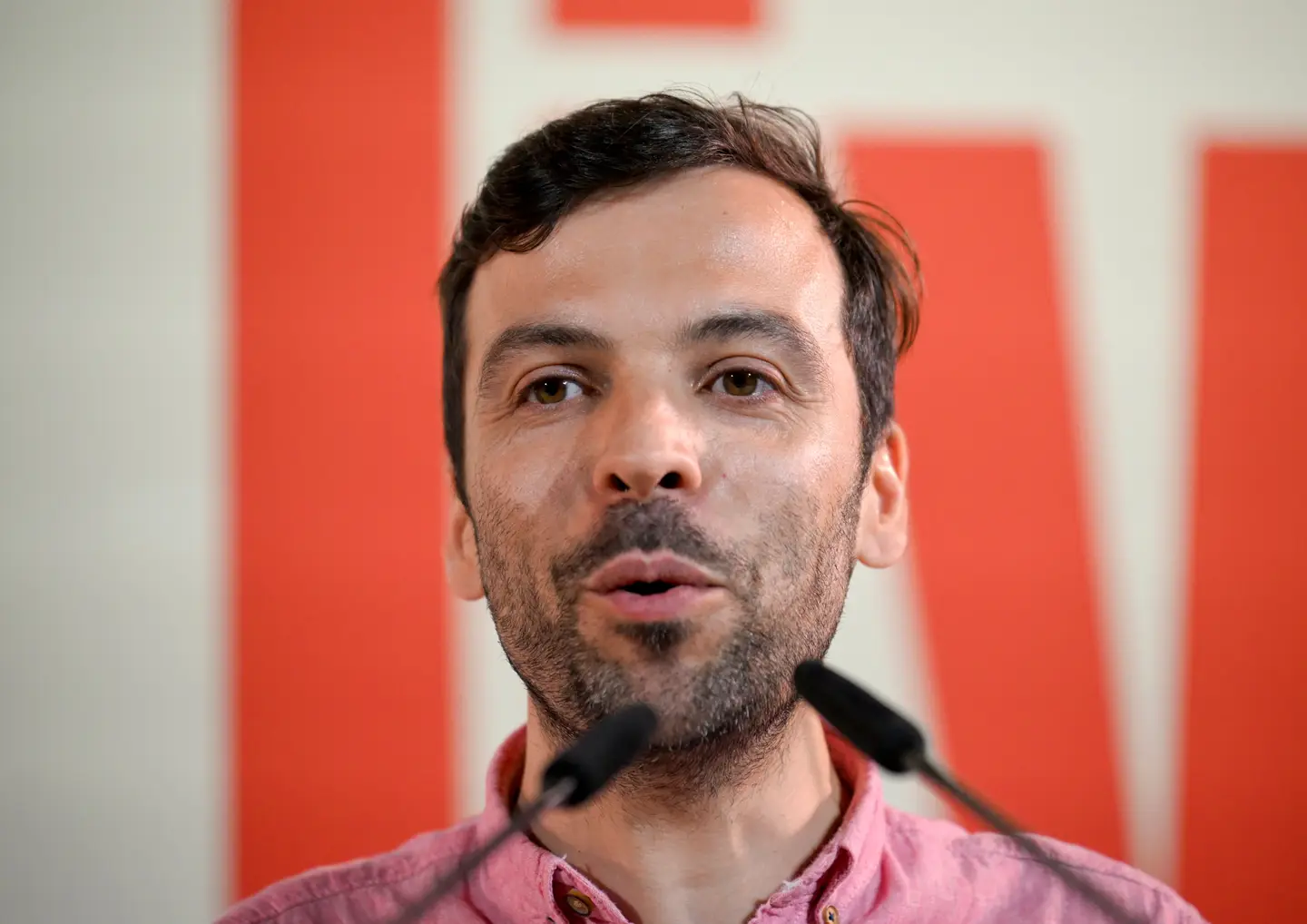- Welcome to Languish.org.
Vote for the first round of Portuguese Presidential Elections
Started by Duque de Bragança, January 17, 2026, 02:08:16 PM
Previous topic - Next topicTotal Members Voted: 14
Voting closes: February 01, 2026, 02:08:16 PM
User actions











